News
-
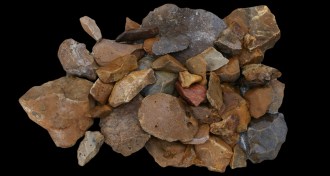 Archaeology
ArchaeologyAncient stone tools raise tantalizing questions over who colonized Sulawesi
Hominids reached an island not far from hobbits’ home by around 200,000 years ago.
By Bruce Bower -
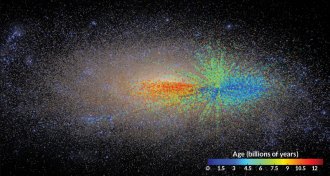 Astronomy
AstronomyRed giants map how the Milky Way grew
A new catalog of the ages of our galaxy’s stars confirms that the Milky Way grew from the inside out.
By Andrew Grant -
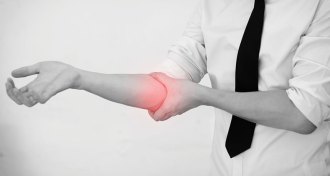
-
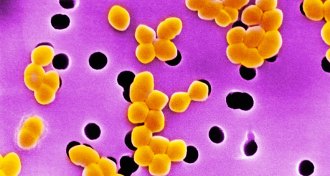 Life
LifeBody’s bacteria don’t outnumber human cells so much after all
New calculations show human cells about equal bacteria in the body.
-
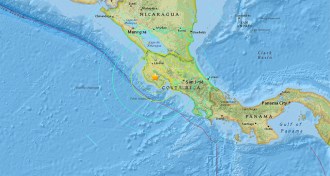 Earth
EarthGround shakes expose faraway earthquake hot spots
A major earthquake in Costa Rica revealed faraway areas where fluids have weakened rock and boosted the risk of a major earthquake, new research suggests.
-
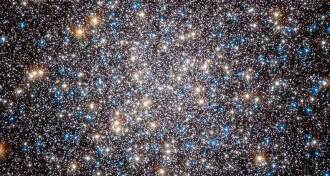 Astronomy
AstronomyTo search for an advanced civilization, take a U-turn to star clusters
Globular star clusters might be safe, stable homes for long-lived advanced civilizations.
-
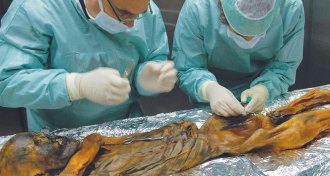 Genetics
GeneticsThe Iceman tells a new tale: Infection with ulcer-causing bacteria
Ötzi the Iceman was infected with a virulent strain of H. pylori. A new study is the first to piece together an ancient genome of these bacteria.
By Meghan Rosen -
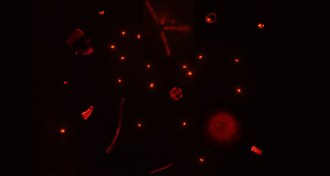 Oceans
OceansPhytoplankton flunk photosynthesis efficiency test
Nutrient-poor ocean waters make phytoplankton photosynthesis inefficient
-
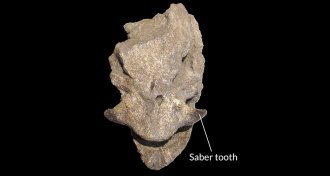 Paleontology
PaleontologySaber-toothed salmon teeth more like tusks than fangs
Saber-toothed salmon teeth may not have been positioned like fangs at all.
By Susan Milius -
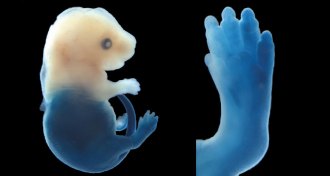
-
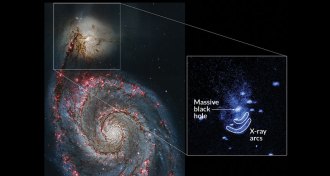 Astronomy
AstronomyBlack hole burps up gobbled gas and dust
Two belches from a supermassive black hole are drifting away from another galaxy.
-
 Psychology
PsychologyKids grasp words as symbols before learning to read
Preschoolers grasp that written words refer to specific things before they learn to read.
By Bruce Bower